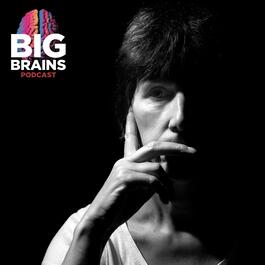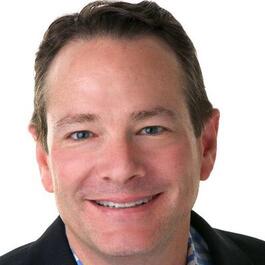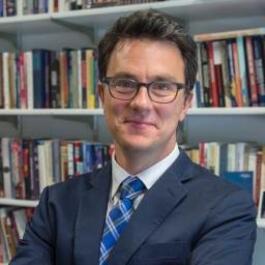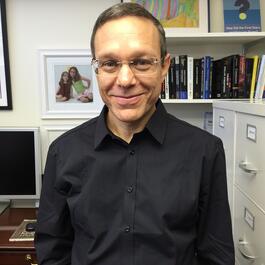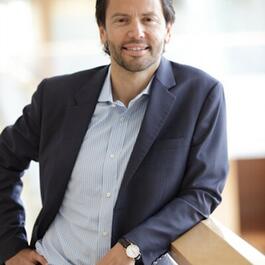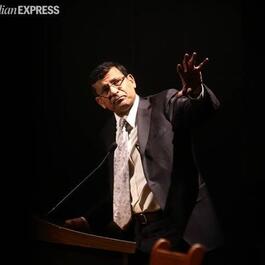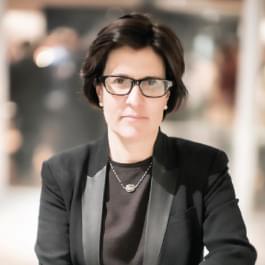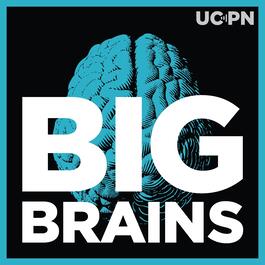
Big Brains
Big Brains explores the groundbreaking research and discoveries that are changing our world. In each episode, we talk to leading experts and unpack their work in straightforward terms. Interesting conversations that cover a gamut of topics from how music affects our brains to what happens after we die.
Show episodes
Hello listeners…we're re-releasing one of our favorite Big Brains episodes—an incredibly insightful conversation with psychologist Adam Alter. If you've ever felt stuck in your life or career, this episode offers practical strategies and surprising science to help you move forward. From why your best ideas might come a
One of the benefits of producing this podcast at the University of Chicago is that there are often events on campus that bring in not just one Big Brain, but many in order to find answers to the some of the most complex problems of our time. I recently had the pleasure of hosting one such event on artificial intelligen
For a more than a century, the Food and Drug Administration has worked to protect public health. In his research, Harvard University physician-researcher Jerry Avorn has examined how the FDA’s once-rigorous gold standard approval process has been affected by a powerful shortcut known as the Accelerated Approval Program
Prof. James Evans, a University of Chicago sociologist and data scientist, believes we’re training AI to think too much like humans—and it’s holding science back. In this episode, Evans shares how our current models risk narrowing scientific exploration rather than expanding it, and explains why he’s pushing for AIs th
When someone we know or love starts to develop psychological issues, we don't often associate it with a form of dementia. However, this trait is one of the most common signs of frontotemporal dementia (FTD) — the most common neurodegenerative disease in people under the age of 65. In his new book, Mysteries of the Soci
The search for life beyond Earth is no longer science fiction—it takes a lot of data, powerful telescopes and a bit of cosmic detective work. And at the center of this search is University of Chicago astrophysicist Jacob Bean. Bean was part of the team that made history by detecting carbon dioxide in the atmosphere of
